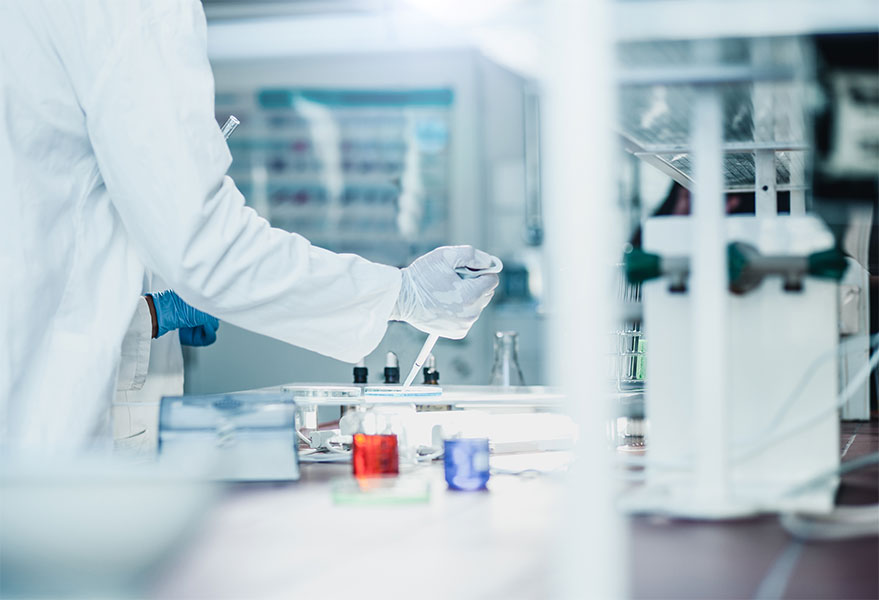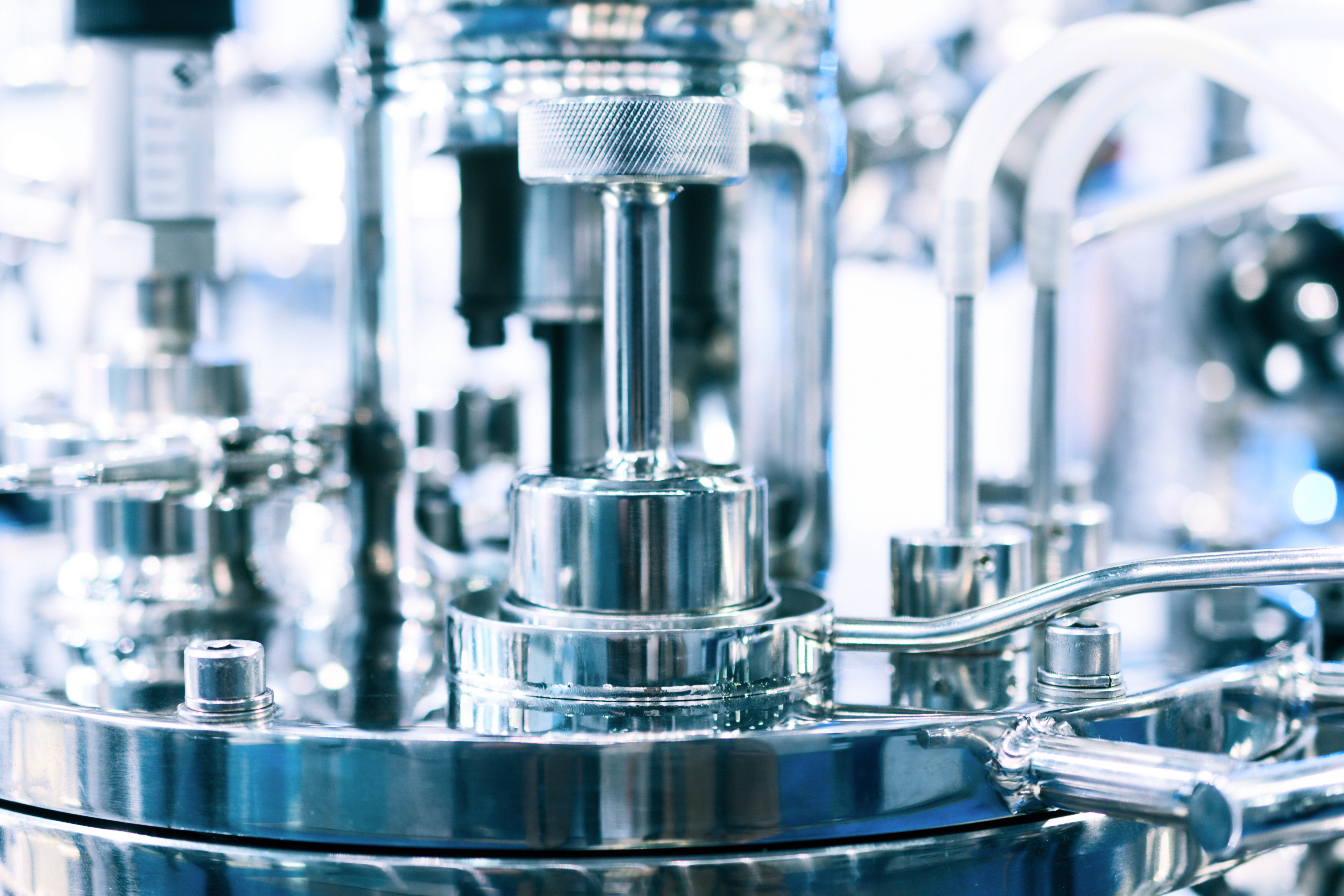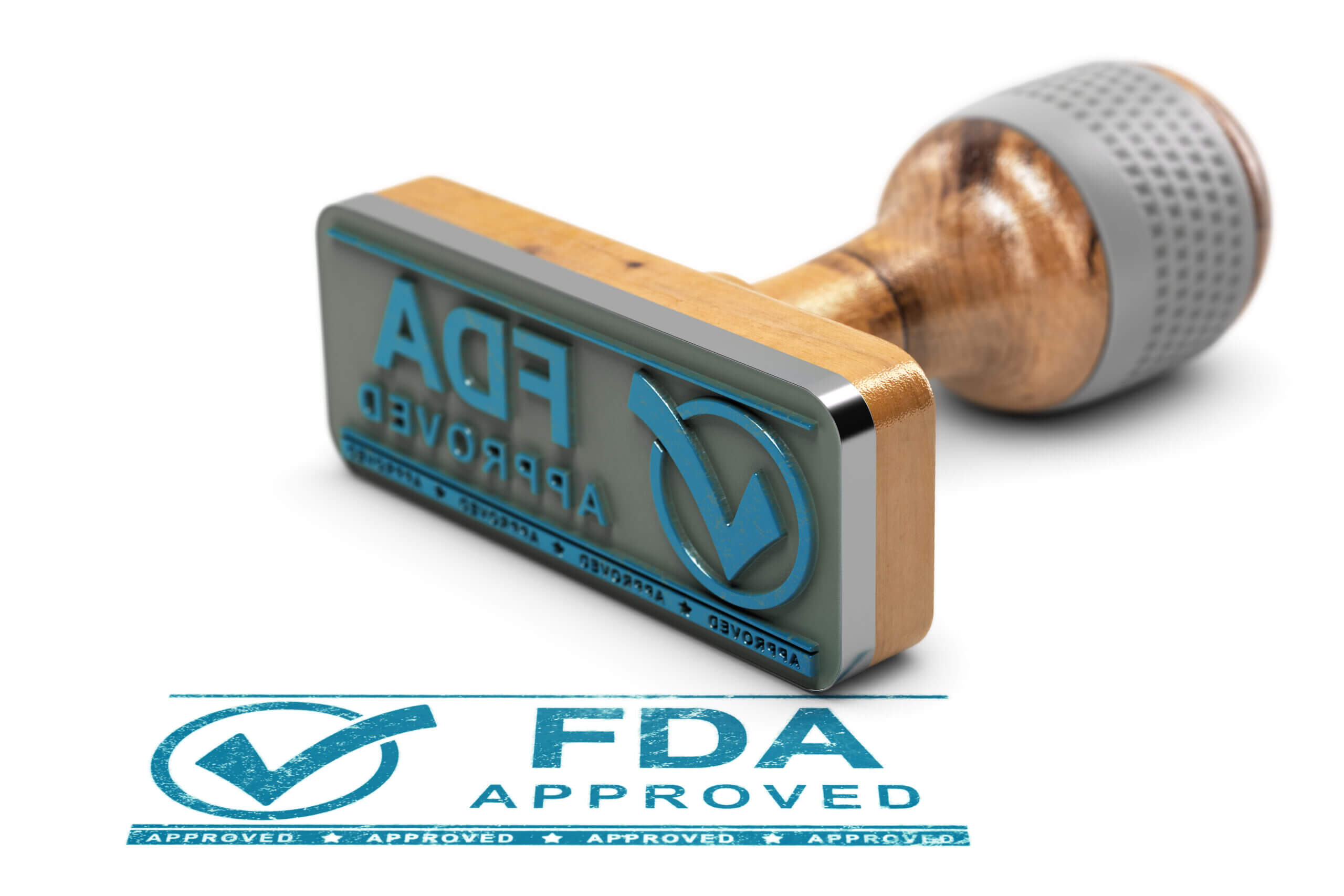Natural nutraceutical ingredients are found in many products that we use every day, including dietary supplements, cosmetics, some health products that are sold over the counter, and functional foods (foods that carry some health benefit beyond good nutrition). Due to regulatory standards and compliance as well as consumer safety, nutraceutical ingredients are scrutinized to ensure quality products. This analysis of nutraceutical ingredients is referred to as nutraceutical testing. To understand more about nutraceutical testing, consider the following information.
Nutraceutical Testing


What Is Nutraceutical Testing Used On?
Nutraceutical testing is commonly performed on the following products
- Herbal supplements (teas, vitamins, powders, and tinctures)
- Functional foods (examples include oatmeal, fortified orange juice, fruits, vegetables, nuts, omega three enriched eggs)
- Beverages (nutritional supplements, health food drinks)
- Raw products (textiles, cloth, silk, wool, glass, and plastics)
- Nutritional products (supplements and diet aids)
- Fruit juices (raw or organic drinks)
- Sports enhancement beverages and products (geared toward health-conscious athletes)
- Medications such as Viagra and others (health-enhancing drugs)

Production of Safe Products
Ensure your products are safe and effective by using trusted science. Label claims should be backed up and supported by optimum scientific testing in all cases. There are significant fines associated with mislabeling products. Some fines reach $1 million and have been known to be targeted by consumer studies. Be cautious of spectrophotometry analysis that claims to support final product specifications. Instead, become familiar with the industry standards in testing such as HPLC, LC/MS, GC, or GC/MS.

Laboratory Instrumentation
LC-MS/MS
It stands for liquid chromatography-mass spectrometry/mass spectrometry. The technique analyzes data by combining chromatography with spectrometry used for high sensitivity and selectivity.
HPL
High-performance liquid chromatography has the ability to separate compounds into multiple components from a larger source. This is most commonly used to identify, quantify, and purify individual parts of a mixture.
GC, GC-MS, GS-MS/MS, ICP/MS
Gas chromatography is a popular chromatography technique that can perform data analysis by separating compounds that can be vaporized without destroying them in the process.
ASE (accelerated solvent extraction)
The process of extraction of solid or semi-solid material by using solvents and elevated temperature and pressure. This state-of-the-art technology can extract in minutes vs. other machines that may take hours.
Automated Liquid Handling
This machine relies on robotics to handle liquids. The robotic arms allow for safe handling and auto-programing for increased walk-away time in the lab. The software is customizable to your needs.
Be Aware of FDA Concerns
One major concern identified by the Food and Drug Administration is the use of aristolochic acid in dietary supplements. Aristolochic acids are a family of carcinogenic, nephrotoxic phytochemicals found in the Aristolochiaceae flowering plant family. Aristolochic acids are dangerous and can cause kidney damage and liver cancer. The FDA has issued letters to companies in the dietary supplement and herbal supplement industries to inform them of the concern. The letter clearly outlines the steps that the companies should take to ensure that their marketed products are void of aristolochic acid due to the harm it is known to cause, including life-threatening and chronic conditions.
The letter issued by the FDA also includes a detailed list of all plants that potentially contain aristolochic acid so that the companies can analyze their products that may contain the carcinogenic material. It is up to the companies in the industry to ensure their products are safe for consumer use. An emphasis has been placed on Chinese herbal medicines as targeted products that should be tested to make sure they are free from aristolochic acid. Once tested, a Certificate of Analysis should be issued with results and provided to the FDA when received.

Heavy Metal Detection
It is true that a small number of heavy metals are required to survive; however, heavy metal poisoning is a serious concern related to the excess consumption from contaminated foods, makeup/beauty products, diet supplements (vitamins), some pet foods, and many other daily-use household products. Although each of these examples may only contain trace or small amounts of heavy metals; cumulatively, the traces add up with continued use, and over time toxicity occurs. It may take years to show up in your system and exhibit symptoms. Here are the four most common metals that show up in heavy metal toxicity:
- Lead (found in chili powder)
- Mercury (found in fish)
- Cadmium (found in foods and ceramic ware)
- Arsenic (found in rice)
Symptoms of metal toxicity range widely from headaches and brain fog to more severe conditions such as kidney failure and gastrointestinal hemorrhage. Bioanalysis is essential and should be performed routinely.
Microbial Detection
Mostly performed in the dietary supplement industry and consists of analyzing naturally occurring organisms that may cause spoilage or foodborne pathogens that cause illness after human consumption. This testing may include identifying shelf life and expiration thresholds to ensure specific criteria are met, and quality is controlled. Two common product testers to determine product stability are temperature and humidity measures. Common foodborne pathogen illnesses include salmonella, E. coli, norovirus, campylobacter, hepatitis A, and listeria. Often these illnesses come in the form of a breakout. Many people are at increased risk for getting sick, including those with weakened immunity, older adults, pregnant women, and young children.
Nutraceutical testing is important for keeping consumers safe and providing good, high-quality products that are labeled properly. All information should be honest and accurate without discrepancy. Dyad Labs offers the best in nutraceutical testing in Utah. In business since 2008, they have tested products from raw material to finished products. Your confidence in us is our chief concern.
We look forward to working with you.
Sources:
https://food.anresco.com/heavy-metals/
http://adpen.com/nutritional-testing/
https://www.intertek.com/food/champaign/nutraceutical-and-natural-product-testing/
https://www.avomeen.com/industries/supplement-testing-lab
https://www.3m.com/3M/en_US/food-safety-us/foodandbeverageindustries/nutraceutical-testing/